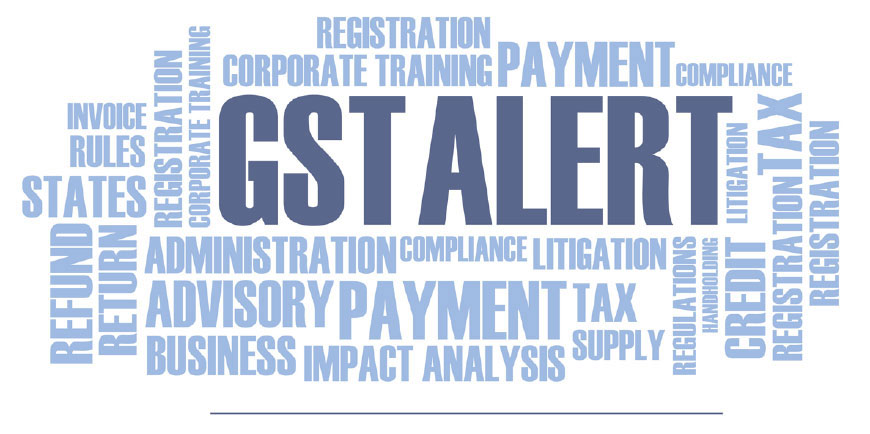- Dated 08th July, 2025

Hon’ble High Court of Andhra Pradesh has held that Confiscation Under GST is Invalid Without Complying with Section 129
Brief Facts:
In the present case, the goods of the petitioner, were seized while in transit on 17.04.2025. The petitioner challenged these seizures on the grounds that no reasons had been provided for such action. According to the petitioner, the seizure was carried out using a printed proforma where a box was ticked for a generic reason without any specific or legible details, thereby denying the petitioner an opportunity to provide an appropriate explanation. Authorities proceeded directly under Section 130 without completing the process prescribed under Section 129 process.
Assessee's Contention:
The petitioner contended that as per Section 129(3) of the CGST Act, the proper officer is required to issue a notice within seven days of seizure to initiate an enquiry regarding tax determination, and subsequently complete this process within another seven days. However, no such notice under Section 129(3) had been issued even though the seizure took place on 17.04.2025. Instead, the authorities proceeded directly under Section 130 of the CGST Act, 2017 which pertains to confiscation of goods which implies an action alleged to be impermissible without first completing the process under Section 129.
Department's Contention:
The documents submitted by the Government Pleader failed to show any notice under Section 129, and only notices under Section 130 were produced. The seizure memo also lacked any clear or legible reasoning for the seizure. The court relying on the precedent set in Mohinder Singh Gill v. Chief Election Commissioner (1978) 1 SCC 405, reiterated that post-facto justifications for administrative actions are not acceptable.
Decision (Held):
The Court held that the authorities must first comply with the procedural requirements of Section 129 before initiating proceedings under Section 130. Accordingly, it directed the authorities to issue a notice under Section 129(3) within two days, complete the process of document verification and tax determination within three days thereafter, and provide a hearing to the petitioner. Only after these steps are completed, proceedings under Section 130 may be initiated. Furthermore, the Court emphasized the need for the Commissioner of Commercial Taxes to train officers on the correct legal procedures, recommending coaching if necessary, and ordered that a copy of the judgment be forwarded to the Commissioner for appropriate action.
BTA's Comment:-
The court highlighted the need for proper training of tax officers to follow the law and procedural safeguards set out in the law. The Commissioner of Commercial Taxes directed to sensitize his officers about the manner in which such confiscations are to be carried out. A copy of the judgment shall be placed before the Commissioner of Commercial Taxes for his appropriate action.
Case reference: Srinivas Traders Versus Assistant Commissioner Of State Tax (2025) 30 Centax 348 (A.P.) [07-05-2025]
Author: Sneha Jhunjhunwala
Edited by: Shaily Gupta
Contact Us
BT Associates
Call: 033 2534-2717 /
033 6451-8729
Mail: enquiry@btassociate.com






